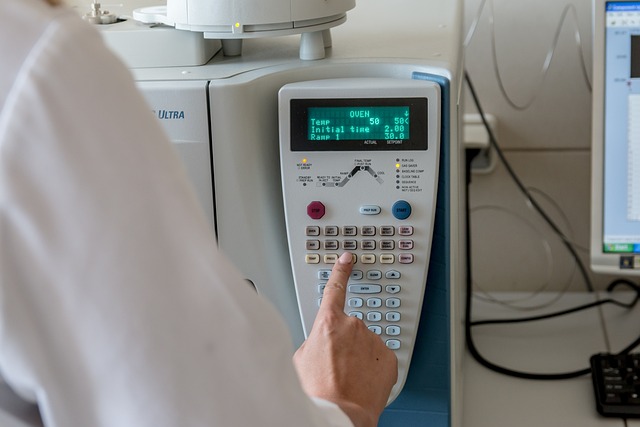
The Albumin/Creatinine Ratio in Urine
The albumin/creatinine ratio (uACR) is a crucial indicator of kidney health, providing insights into how well these vital organs are functioning. This simple urine test measures the amount of albumin, a type of protein, in relation to creatinine, a waste product produced by muscle metabolism. Monitoring this ratio is essential for early detection of kidney disease, particularly in individuals at higher risk.
What is Albumin and Why is it Important?
Albumin is a protein that plays several important roles in the body, including maintaining blood volume and pressure. Healthy kidneys filter blood, retaining necessary proteins like albumin while allowing waste products to be excreted in urine. When kidneys are damaged or diseased, they may allow albumin to leak into the urine, leading to a condition known as albuminuria.
How is the Albumin/Creatinine Ratio Measured?
The uACR test is typically part of a routine health examination. It involves collecting a urine sample, which is then analyzed to determine the concentration of albumin and creatinine. The results are expressed in milligrams of albumin per gram of creatinine (mg/g). A normal uACR is less than 30 mg/g, while values above this threshold may indicate kidney damage or disease.
Why Should You Get Tested?
Regular testing of the uACR is particularly important for individuals with risk factors for kidney disease, such as diabetes, hypertension, or a family history of kidney problems. Early detection through routine testing can lead to timely interventions, potentially slowing the progression of kidney disease and improving overall health outcomes.
Interpreting Your Results
Understanding your uACR results is essential for managing kidney health. Here’s a breakdown of what the results might indicate:
- Normal: Less than 30 mg/g - Indicates healthy kidney function.
- Microalbuminuria: 30-300 mg/g - Suggests early signs of kidney damage; further monitoring is recommended.
- Macroalbuminuria: Greater than 300 mg/g - Indicates significant kidney damage and requires immediate medical attention.
What Happens if You Have Elevated Levels?
If your uACR results are elevated, your healthcare provider may recommend additional tests to assess kidney function more comprehensively. This could include blood tests to measure your estimated glomerular filtration rate (eGFR) and further urine tests. Treatment options may vary based on the underlying cause of the kidney damage, but they often involve lifestyle changes, medication, or more specialized interventions.
Maintaining Kidney Health
Incorporating healthy habits into your daily routine can significantly impact kidney health. Here are some tips to consider:
- Stay Hydrated: Drink plenty of water to help your kidneys filter waste effectively.
- Eat a Balanced Diet: Focus on fruits, vegetables, whole grains, and lean proteins while limiting salt and processed foods.
- Exercise Regularly: Aim for at least 150 minutes of moderate exercise each week to maintain a healthy weight and reduce blood pressure.
- Monitor Blood Pressure and Blood Sugar: Keeping these levels in check can help protect your kidneys.
Conclusion
The albumin/creatinine ratio urine test is a vital tool in assessing kidney health. Regular monitoring and understanding your results can empower individuals to take proactive steps in maintaining kidney function and overall well-being. If you have concerns about your kidney health, consult with a healthcare professional for personalized advice and guidance.

















 Meet Valeria and Camila: The Dynamic Duo
Meet Valeria and Camila: The Dynamic Duo 
 Health
Health  Fitness
Fitness  Lifestyle
Lifestyle  Tech
Tech  Travel
Travel  Food
Food  Education
Education  Parenting
Parenting  Career & Work
Career & Work  Hobbies
Hobbies  Wellness
Wellness  Beauty
Beauty  Cars
Cars  Art
Art  Science
Science  Culture
Culture  Books
Books  Music
Music  Movies
Movies  Gaming
Gaming  Sports
Sports  Nature
Nature  Home & Garden
Home & Garden  Business & Finance
Business & Finance  Relationships
Relationships  Pets
Pets  Shopping
Shopping  Mindset & Inspiration
Mindset & Inspiration  Environment
Environment  Gadgets
Gadgets  Politics
Politics 